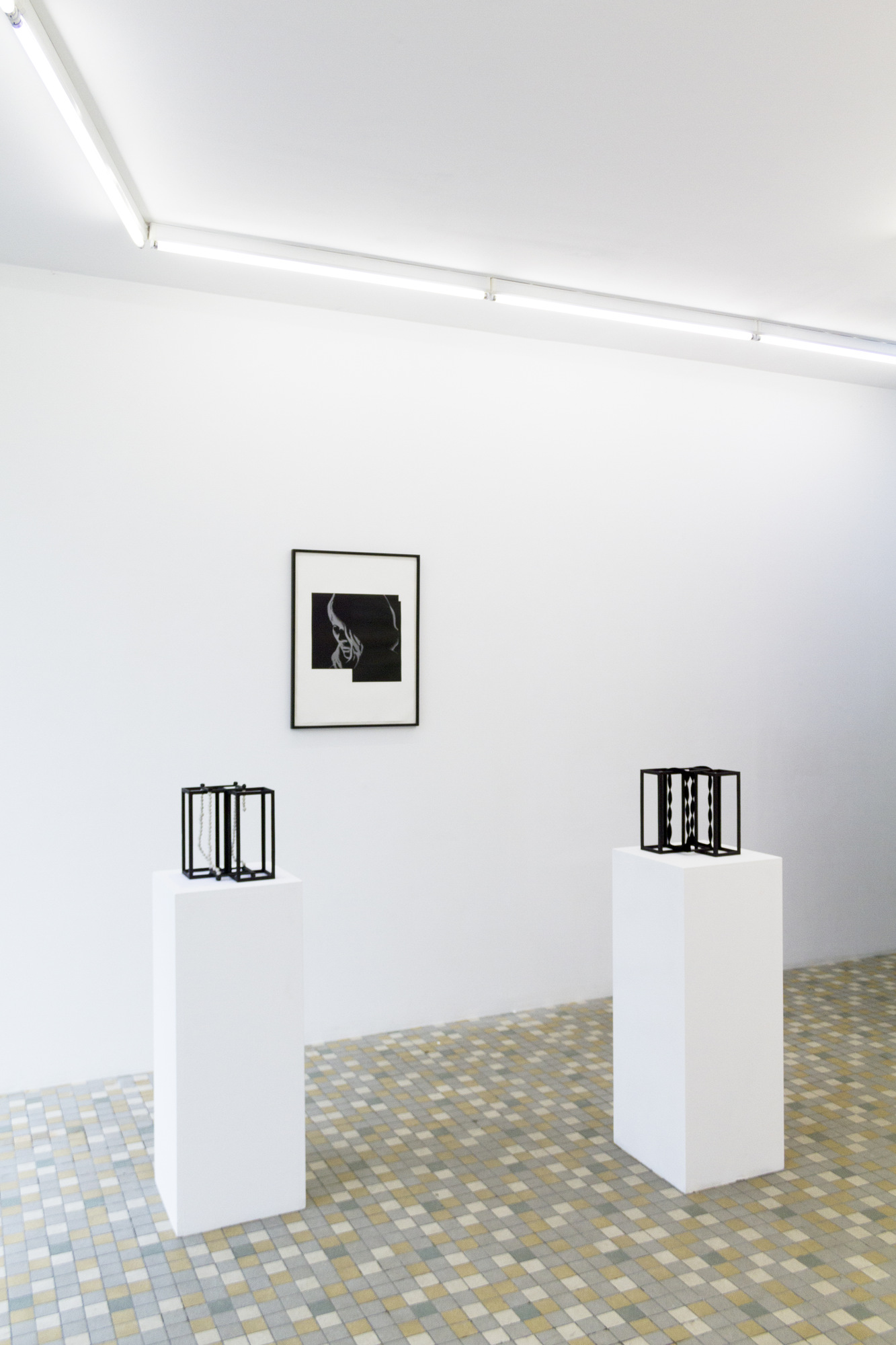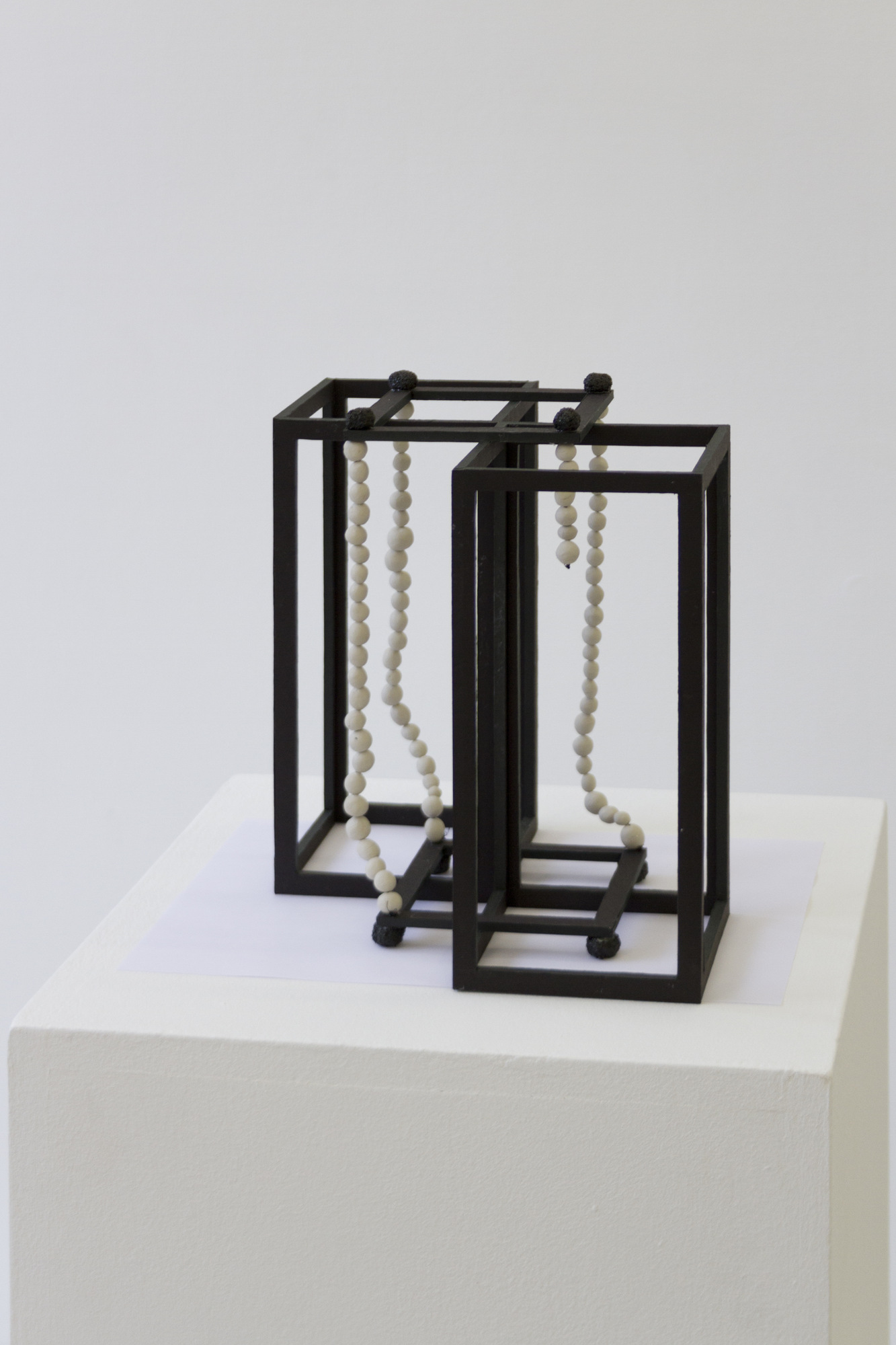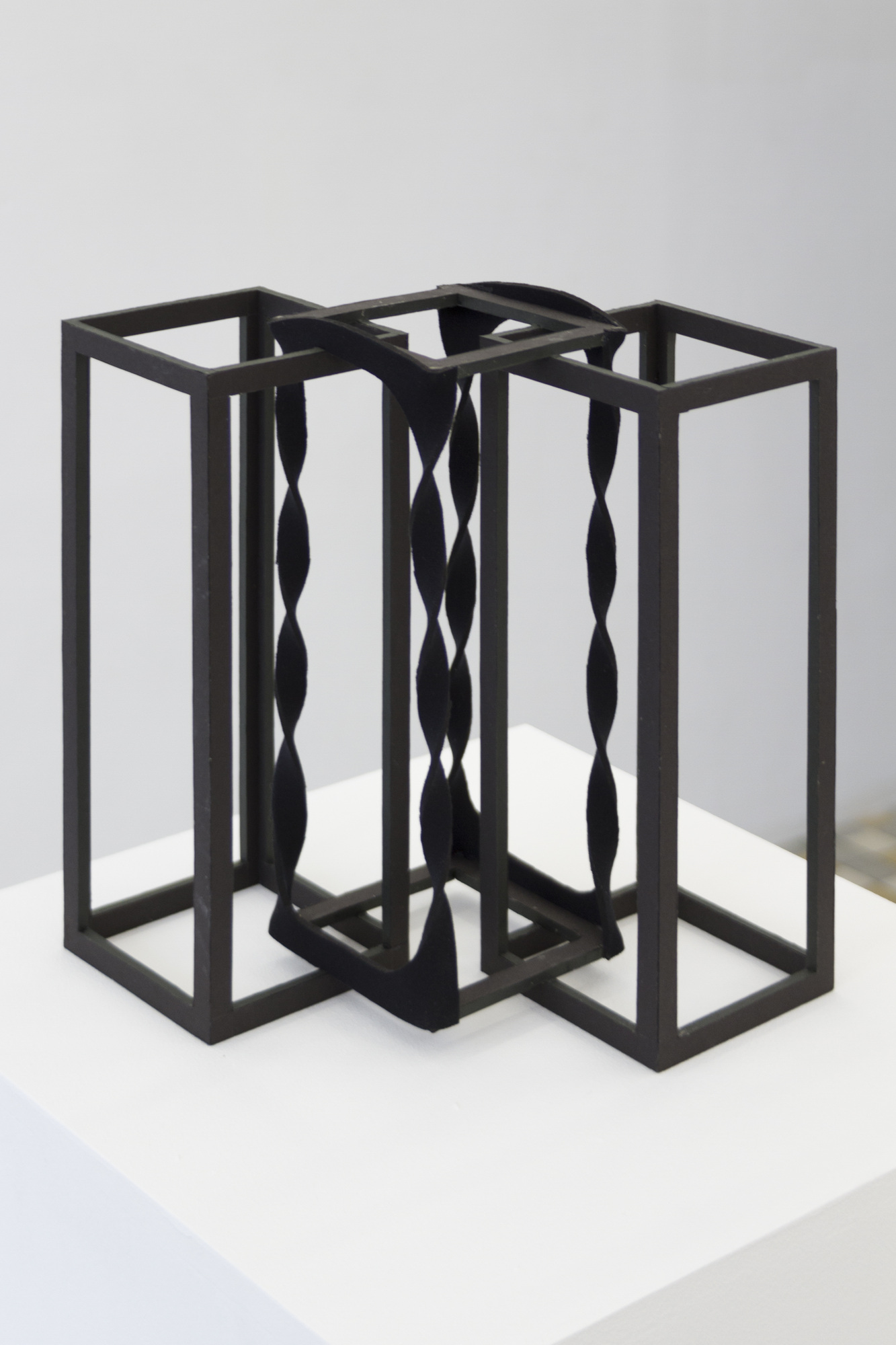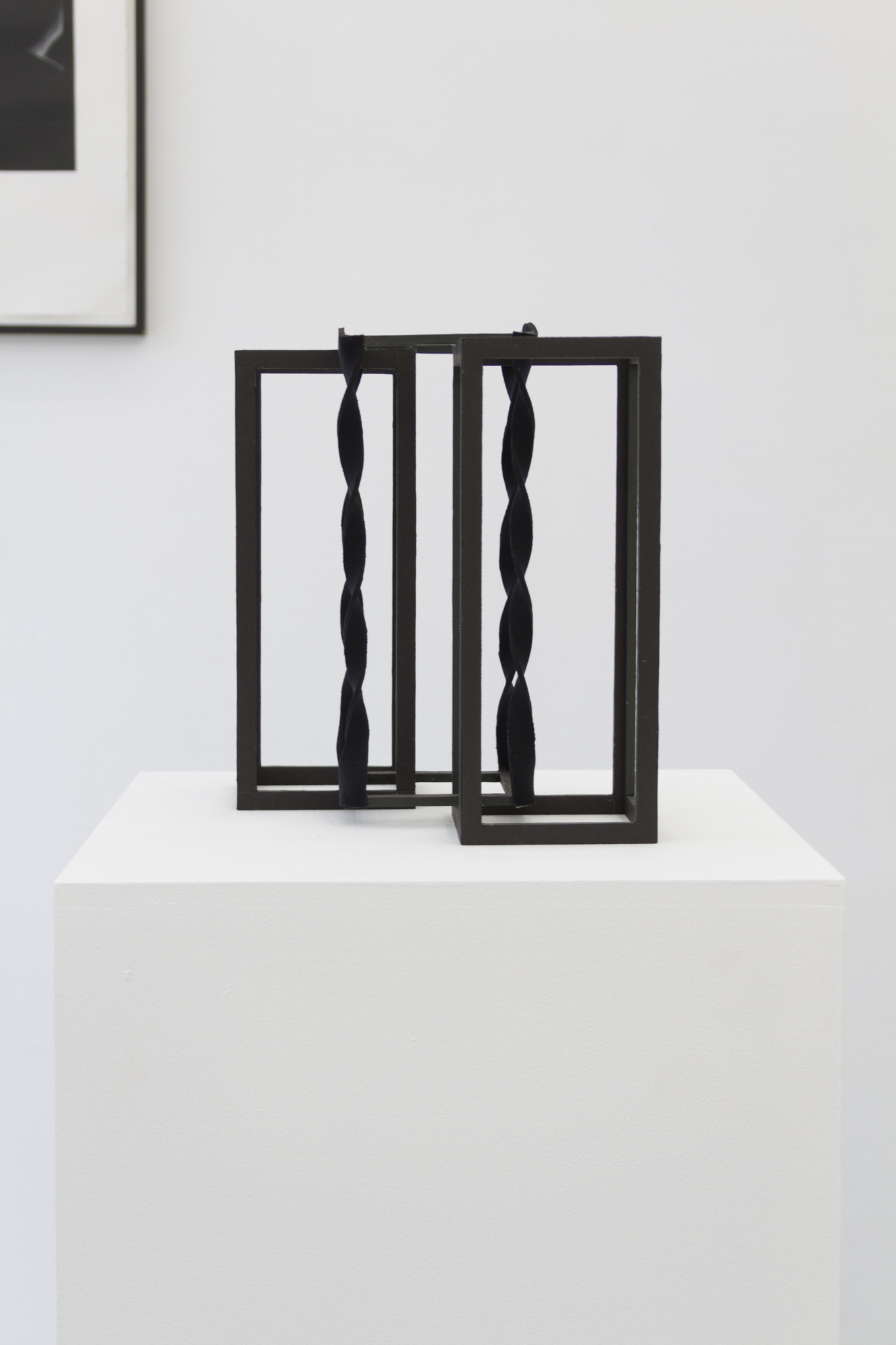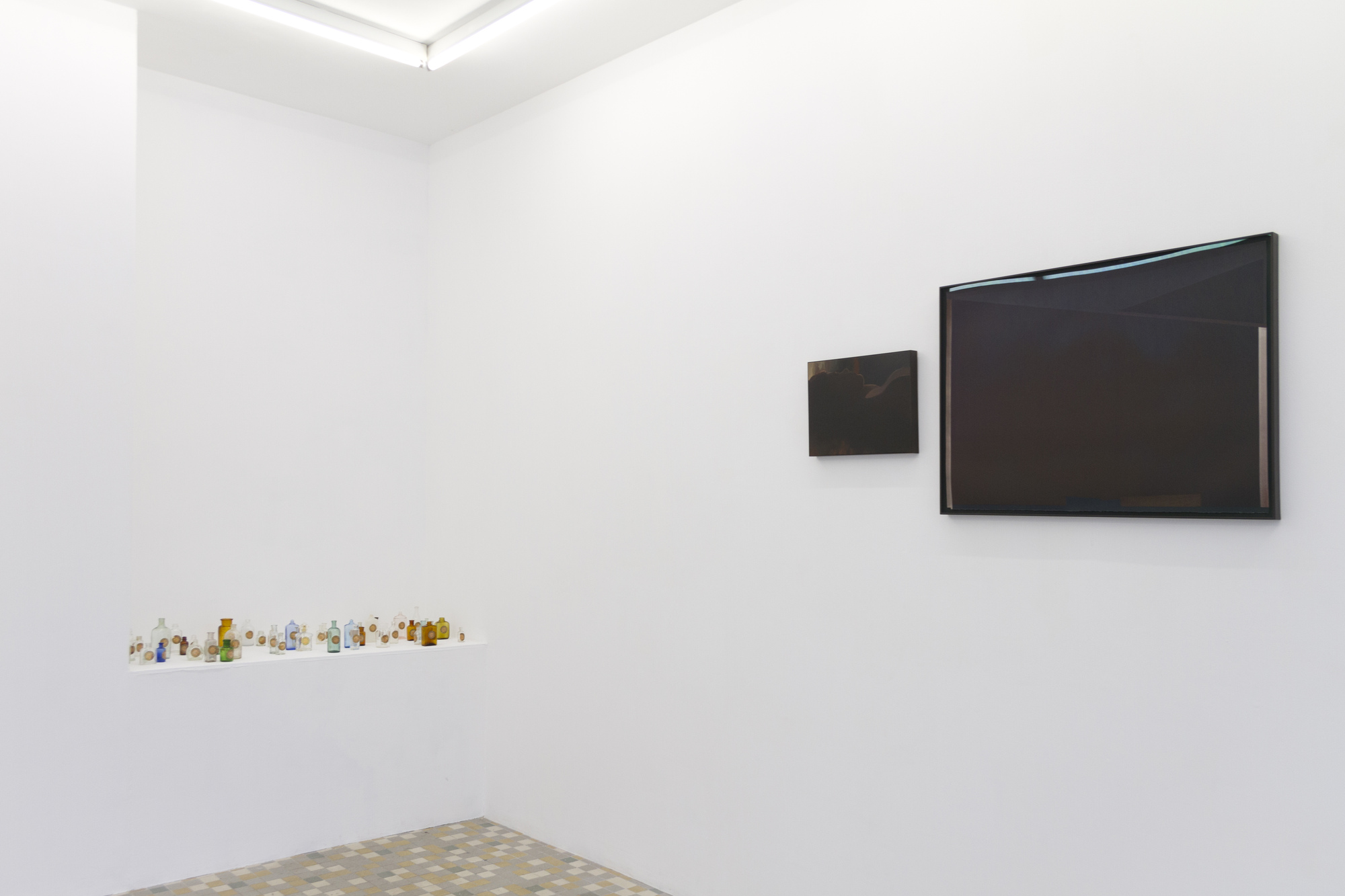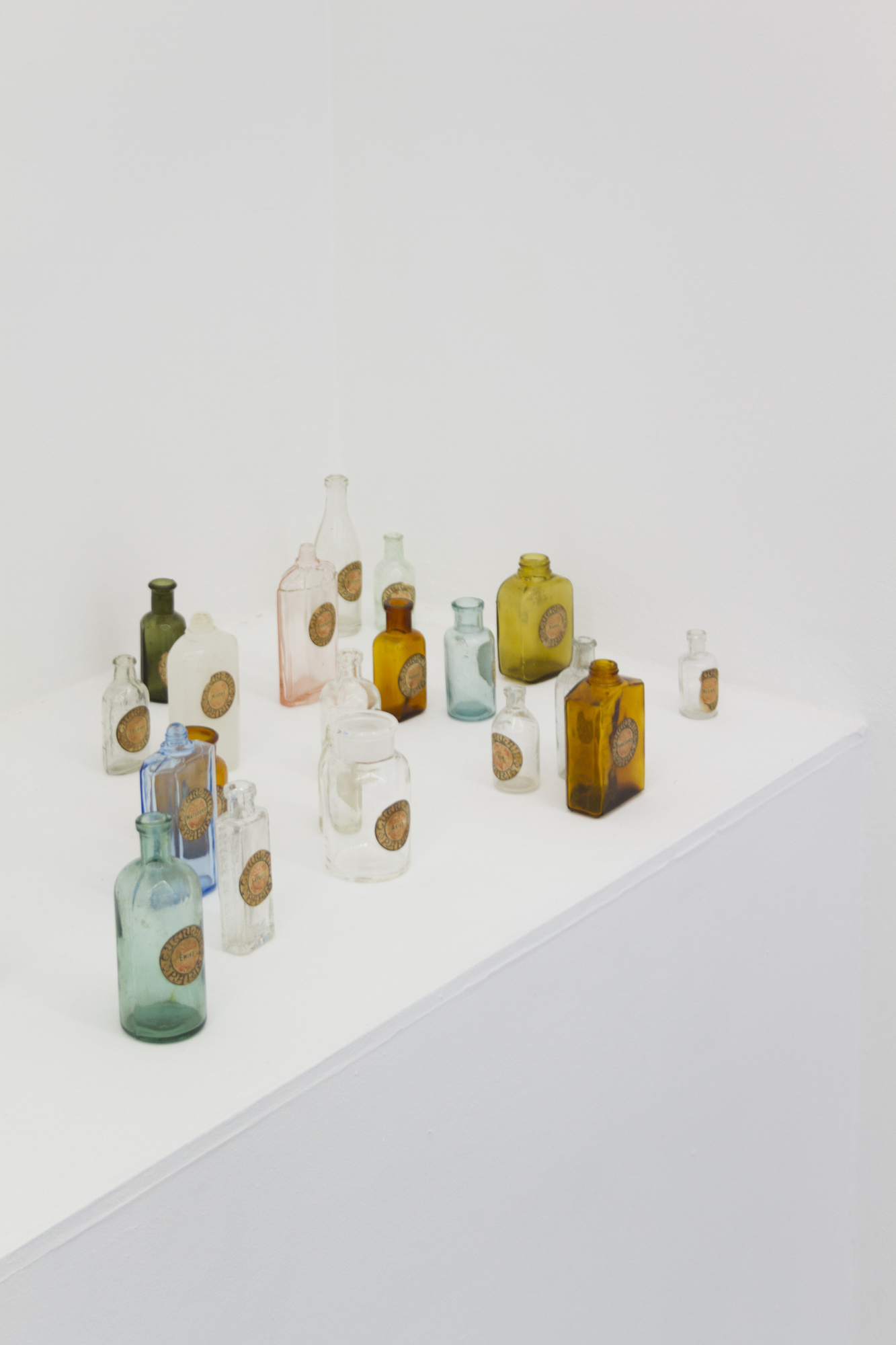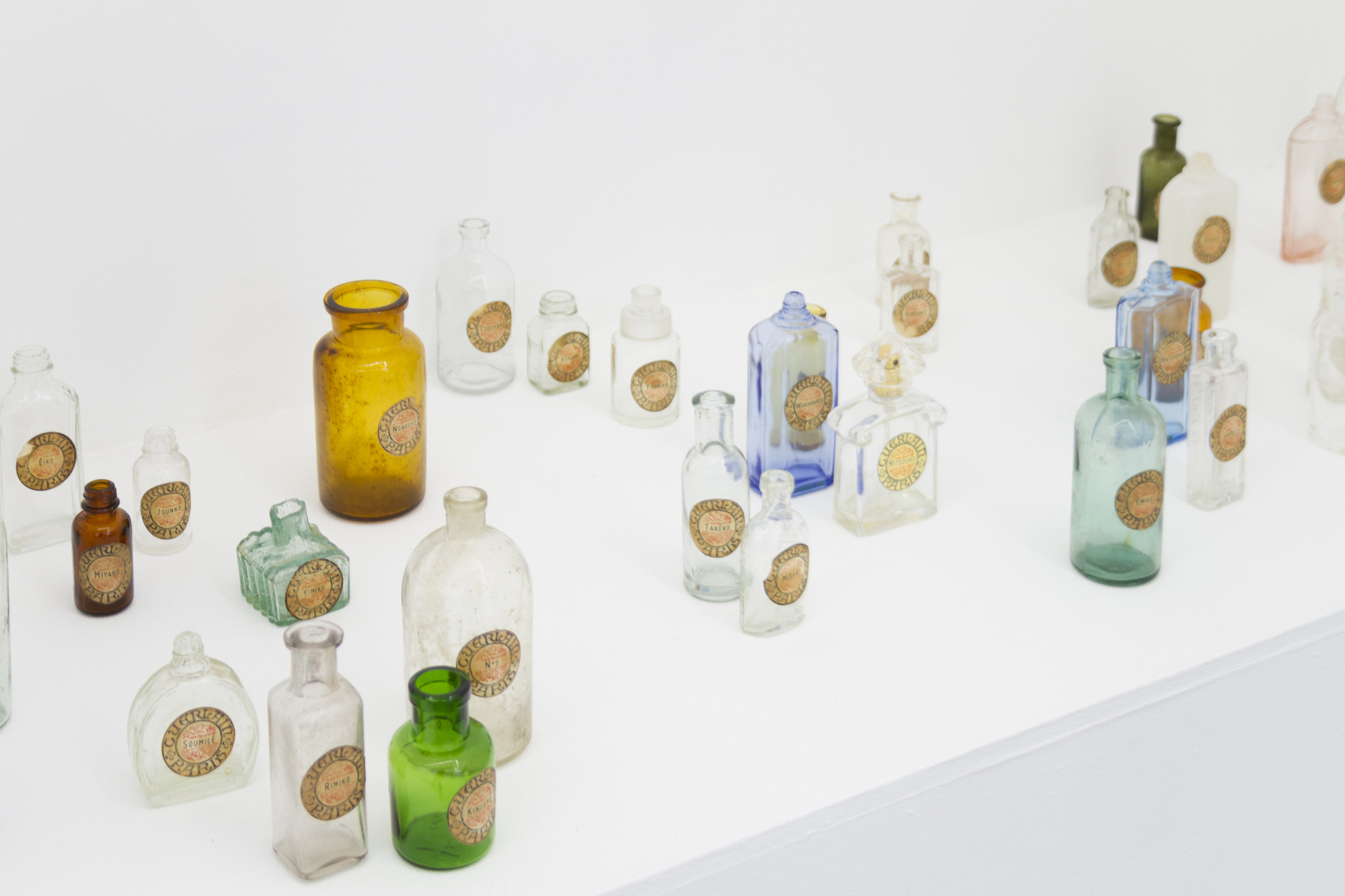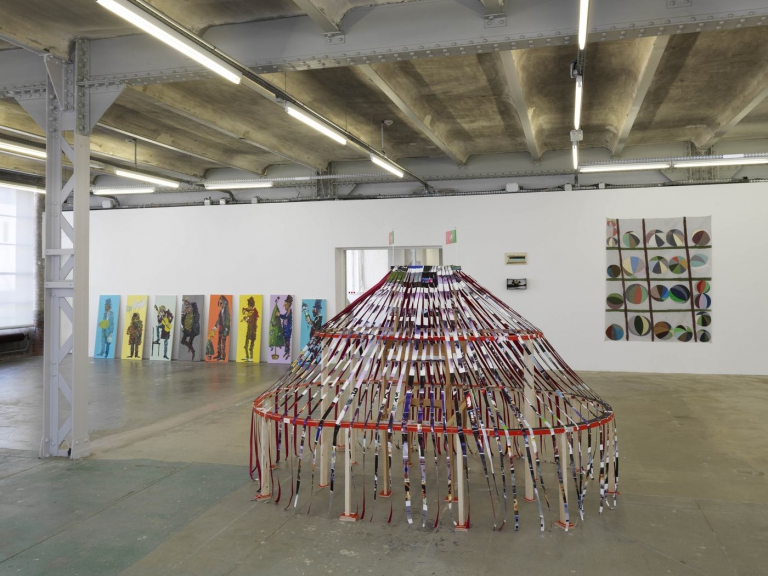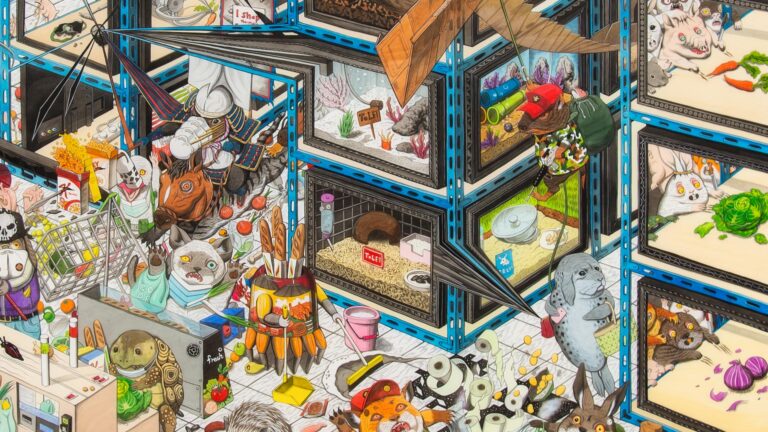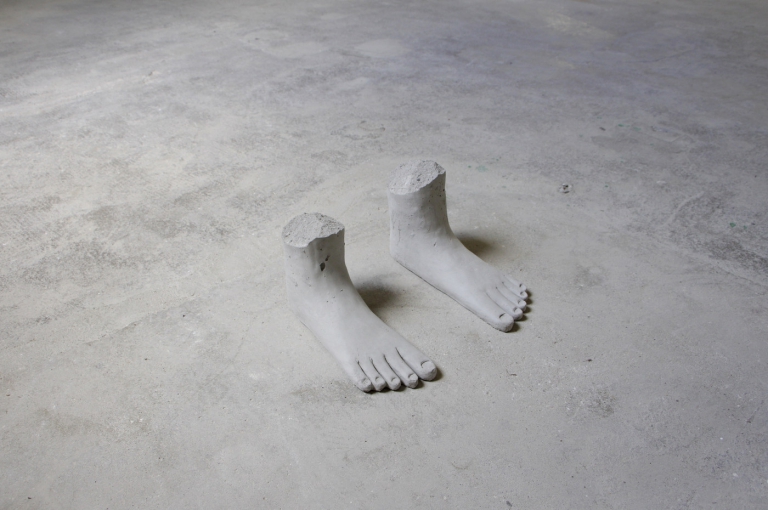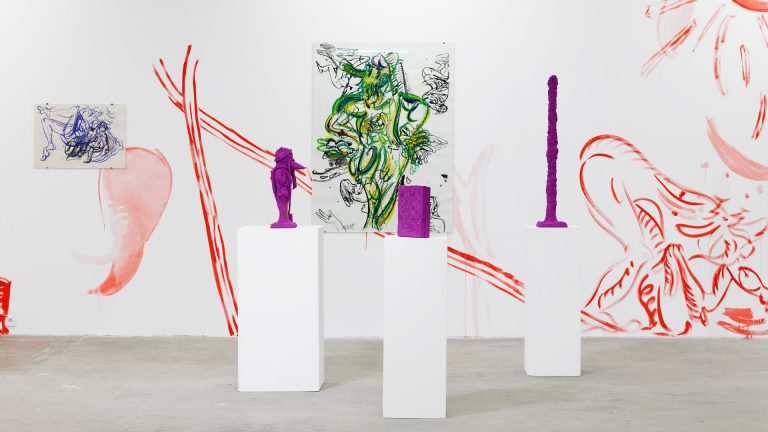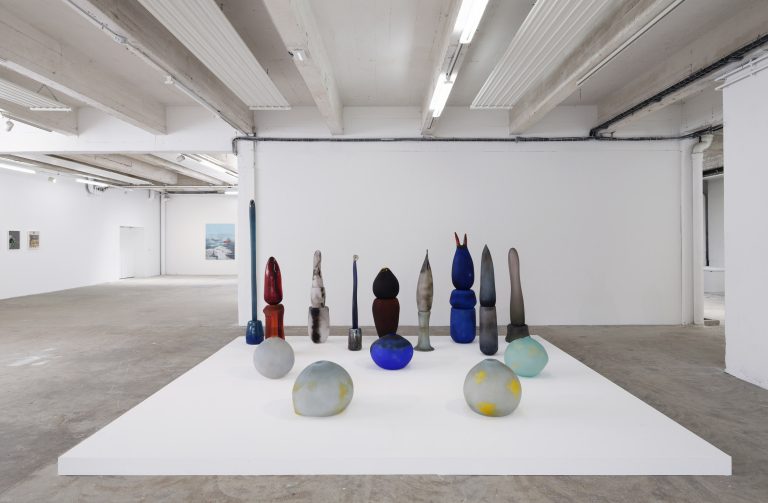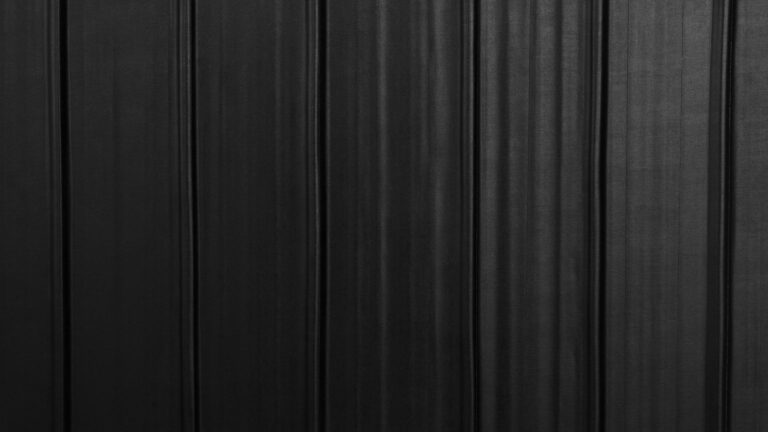Artists: Monica Majoli, Yui Usui, Michael Zahn
Exhibition title: O
Venue: Shanaynay, Paris, France
Date: October 22 – November 19, 2015
Photography: images copyright and courtesy of the artists and Shanaynay, Paris
It’s a strange fact that I often wonder what a pre-Raphaelite rendering of pulpy erotica would read like. What if Ophelia had not only been under the precocious touch of Sir John Everett Millais’ brush, but was a woman in waiting in the stale gaze of the river for some proverbial last moment of her life, in which her fate is sealed not in death, but as the French say, in le petite-mort—the throes of orgasm. Or if Aurelia (Fazio’s Mistress), a wistful-looking lady filled with ennui and some sort of pervasive Victorian sadness, braided her hair only to suggest to some distant voyeur a dreamy eroticism, embodied in an act of self-absorbed passiveness that ultimately admits submission to the artist’s gaze (and then some). Would Mariana have been aweary, or Guenevere’s aching left amongst the leaves?
Yui Usui, Empty Names, 2013
Yui Usui, Empty Names, 2013
Michael Zahn, Organic Do-Rag, 2015
Michael Zahn, Naked at the Y, 2015
Michael Zahn, Naked at the Y, 2015
Michael Zahn, Naked at the Y, 2015
Michael Zahn, Naked at the Y, 2015
Monica Majoli, Black Mirror (Jarrett), 2009-12
Monica Majoli, Black Mirror (Jarrett), 2009-12
Yui Usui, Empty Names, 2013
Yui Usui*, Empty Names, 2013
*Mitsouko, the perfume created by established French perfumers Guerlain in 1919, was baptised in reference to the heroine of Claude Farrère’s best-selling novel from 1909, La Bataille. La Bataille takes place in Nagasaki in the anticipation of the Russo-Japanese War in which a small country from the far East would end up defeating a colossal empire. Passion is depicted as a Japanese virtue hidden behind the spirit of sacrifice and Oriental mystery. With the Belle-Époque trend of Japonisme as its backdrop, Mitsouko went on to become a historical perfume by fantasizing the ideal Japanese woman from a Western point of view, while La Bataille, which aestheticizes the army of what would soon become an enemy country, is mostly forgotten in present-day France. – Yui Usui




